Issue 37 : 25 August 2019
Talofa Lava, Kia Orana, Malo E Leilei, Tena Koutou, Hello ...
... and welcome to the latest issue of “For The Love Of The Game”, the official e-zine of the New Zealand Amateur Sport Association Inc. We hope you enjoy reading the articles below.
If you have any feedback on this issue, ideas for future articles, or would like to contact the Editor, please click here. And, you are invited to forward the e-zine to others you know, who may be interested in reading it.
If you are interested in applying for membership of the Association, please click here.
The Evolution Of Amateurism ...
The Sport Management Association of Australia and New Zealand (SMAANZ) has accepted the research abstract submitted by Auckland University of Technology’s (AUT) Sport Leadership and Management Department and the Association, on the “Evolution Of Amateurism In New Zealand Sport”, for presentation and publication at the SMAANZ Conference to be held in Christchurch in December.
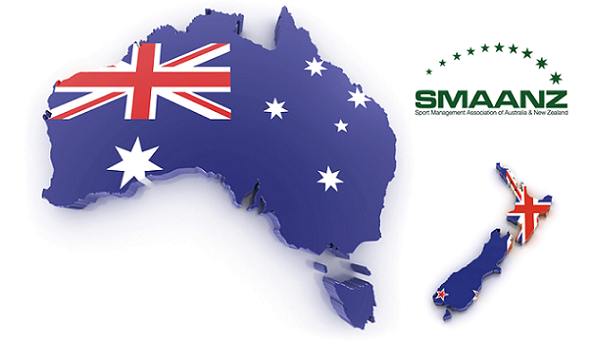
The research is based on the National Survey of Amateur Sports Clubs undertaken by AUT and the Association, which probes important notions of inclusiveness, community and participation alongside amateurism in the context of New Zealand’s sport clubs. The research acknowledges that “sports clubs” remain the “front-line” of sport in New Zealand, providing a sensible backdrop for the exploration of the topic.

While still work-in-progress ahead of the Conference, the study will provide an excellent platform for the promotion of the Association and its aims to an Australasian audience.
NZDTA Recognises Service Of Whangamomona’s Sharon Price ...
The "New Zealand Sheep Dog Trial Association 2019 Merit Award" has been awarded to Sharon Price of Whangamomona, in recognition of more than 40 years of dedicated voluntary service. The award acknowledges Sharon’s “years of support, reliability, efficiency and for giving up her time for the Whangamomona Dog Trial Club”.

There are 157 sheep dog trial clubs in New Zealand, 89 in the North Island and 68 in the South Island. The Club Trial Season usually begins in February each year and ends in May, with entry open to all competitors and their dogs.
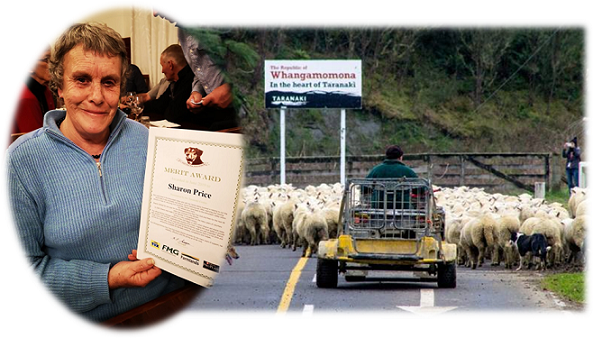
(Sharon Price, winner of the 2019 NZDTA Merit Award)
One of New Zealand’s oldest sports, "sheep dog trials" began at Hakataramea, South Canterbury, in 1889, with the first trials in the North Island at Porangahau in 1892. The Association congratulates Sharon on her award and her voluntary service to the sport.
109 Years Of Surf Life Saving ...
August marks the 109th anniversary of the founding of the first surf life saving club in New Zealand. The New Brighton Surf Life Saving Club in Christchurch held its first meeting in July 1910. Closely following was the Lyall Bay Surf Life Saving Club in Wellington, founded in August 1910, as growth in the capital’s south coast suburbs brought more people to the popular swimming beach.
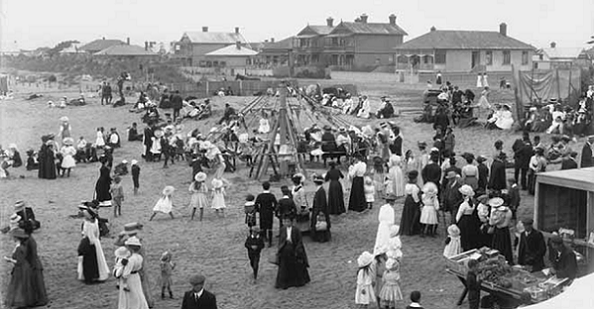
(New Brighton beach in Christchurch, in 1910 when the Club was originally formed)
Today, Surf Life Saving New Zealand has 74 clubs from the top of the North Island, to near Invercargill in Southland, and 4,640 volunteer lifeguards. The annual Surf Life Saving National Championships attract around 1,500 athletes from "Masters" to 14 year olds, catering to all levels of participation and almost all aspects of Surf Life Saving.
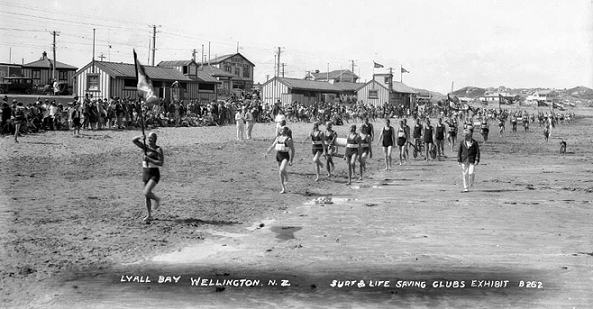
(The Lyall Bay Club in Wellington, 90 years ago, in 1929)
Viewpoint : “Pitch-Siding” Erodes Integrity Of New Zealand Amateur Sport ...
While betting on professional (or semi-professional) sport in New Zealand is now common-place, placing wagers on the outcome of community-based amateur contests is not. However it’s been recently reported that on-line betting sites are now cashing-in on New Zealanders love of sport-in-the-community, offering odds on football (soccer) fixtures where the only dividend should be calculated in terms of community engagement and pride.
The practice known as “pitch-siding”, where team and score updates are fed through to on-line betting sites, is of major financial interest to overseas gamblers, having seen technology has an efficient means of exploiting a community’s “love of the game”, for profit.
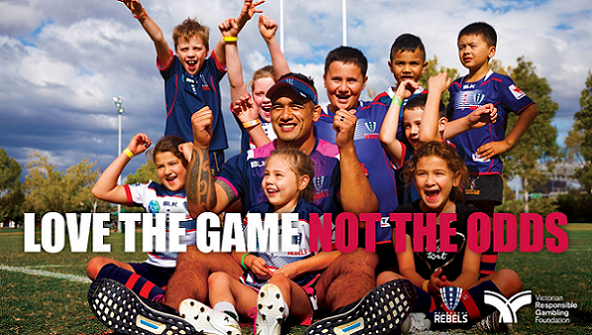
There is a major social problem looming for sport in New Zealand should this trend accelerate. Not only will players begin to potentially take a financial (and perhaps unethical) interest in the outcome of fixtures played for-the-love-of-the-game, but the social pressures associated with failing to deliver an expected match outcome may well have unintended consequences, of which lower community participation is a highly probable one. What community player wants the pressure (actual or vicarious) of performing to satisfy the needs of gamblers?
There are a number of things that can be done. As a positive first step, all National Sporting Organisations (if they’ve not already done so) should prohibit (through their own by-laws) any registered member of their sporting code from betting on any amateur fixture under their control, with the threat of firm sanction if discovered. The Government is also exploring ideas which look at the tighter regulation of on-line gambling services.
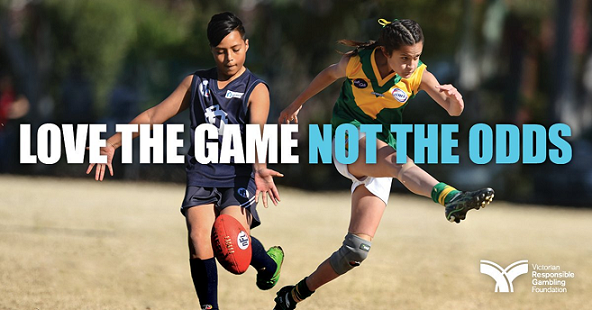
Of note, the Victorian Responsible Gambling Foundation in Australia has recently initiated a new campaign called "Love The Game", noting that "heavy promotion coupled with increased accessibility through smartphones, apps and on-line games make it difficult for young people to recognise the potential harm of sports gambling. The "Love the Game" programme disrupts the notion that gambling is a normal part of sport and/or the spectator experience." You can read more about “pitch-siding” and the problems its creating, by clicking here.
Families That Can Afford More, Play More ...
A new survey by the Aspen Institute (a United States based non-partisan forum for values-based leadership and the exchange of ideas), has revealed that the average child today spends less than three years playing a sport, quitting by age 11, most often because the sport just isn’t fun anymore. Parents are also under pressure, with some sports costing thousands of dollars a year, with travel expenses taking up the largest slice of costs.
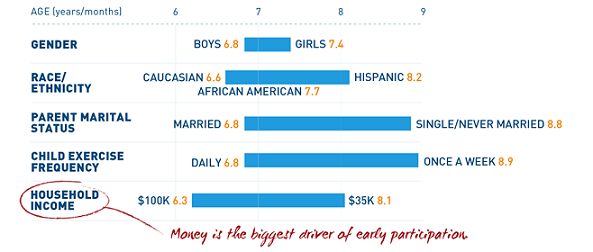
(Children from families with higher incomes, participate in sport earlier)
The survey noted that children from lower-income homes participate in sport less often, with the average annual cost to participate, across all sports, US$693. Even the least-expensive sports have some parents spending in excess of US$9,000 per year, on one child. In six sports (baseball, gymnastics, ice hockey, skiing/snowboarding, swimming and tennis), some parents spend US$12,000 or more in one year. On average across all sports, parents spent more annually on travel (US$196 per sport, per child) than equipment (US$144), private lessons (US$134), registration fees (US$125), and camps (US$81).
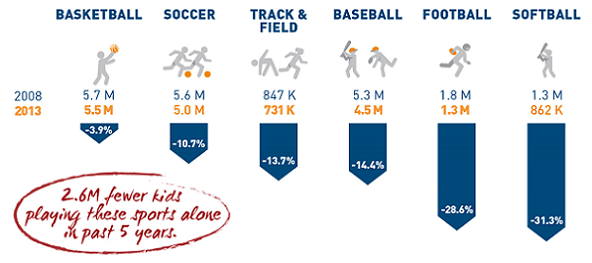
Overall, the survey reports that the dominant model in American sports lacks a commitment to inclusion and is shaped largely but not exclusively by money, leaving many children, families, and communities on the outside looking in.
You can read more about the survey, by clicking here.
Academies Hurt Growth Of United States Football ...
United States Women’s National team star Alex Morgan believes that pay-to-play academies are severely hurting the growth of soccer within the United States.
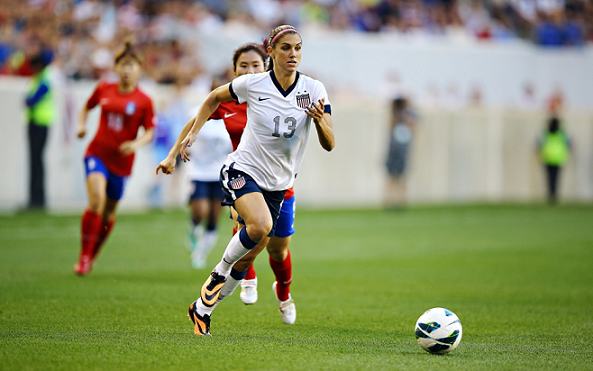
Morgan (Co-Captain of the FIFA Women’s World Cup winning United States team) has been reported as saying that soccer is “… a very inexpensive sport and the fact that we’ve made youth soccer in the United States more of a business than a grassroots sport is, I think, detrimental to the growth of the sport.”
According to the “Sports & Fitness Industry Association”, United States households with more than US$100,000 in annual income represent 35% of soccer players, while just 11% of players come from households earning US$25,000 or less.
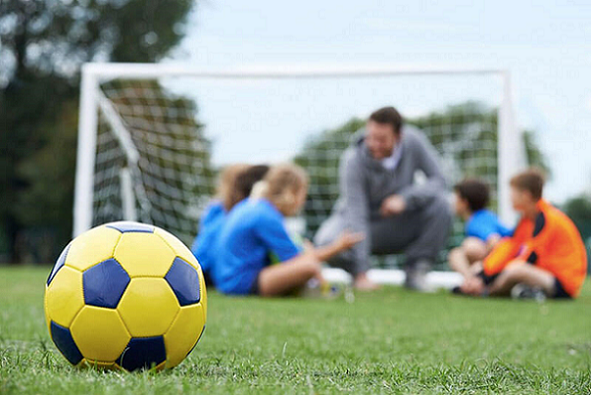
You can read more about the various views on this issues, by clicking here.
From The Archives ...
MANAWATU STANDARD, VOLUME XLII, ISSUE 10169, 10 AUGUST 1917
CLAIMS OF SPORT
“Dr. Thacker (Christchurch East) urged the Prime Minister today to take into consideration the claim of the sports bodies, who are threatened with the loss of valuable grounds because most of their players are at the war and funds are low."
"He said that it would be a gross injustice to the "sports" who are now at the front to allow their familiar playing grounds in and around the cities to fall into the hands of the builders during the war period. The sports bodies ought to be assisted to tide over the interval while the footballers and the cricketers were playing the game of war at the front."
"The Prime Minister informed Dr Thacker that it would be an everlasting disgrace to New Zealand if football and sports grounds passed into the hands of mortgagees during the absence of soldiers, and he was confident that the Government and the public would join to prevent anything of the sort taking place.”
During World War One, the impact of rates and land tax were considered to a significant threat to the well-being and continuation of community sports clubs. In a concerted effort to promote “municipal socialism”, it was noted that “... the war had proved the national value of outdoor physical education, for few members of sports clubs bad been turned down on enlistment.”
However it was also noted that many“... existing sports bodies were no longer in a position to continue, with their depleted membership, to maintain their grounds properly, and if they were at present maintained, it was owing to generous assistance from well-wishers or supporters.”
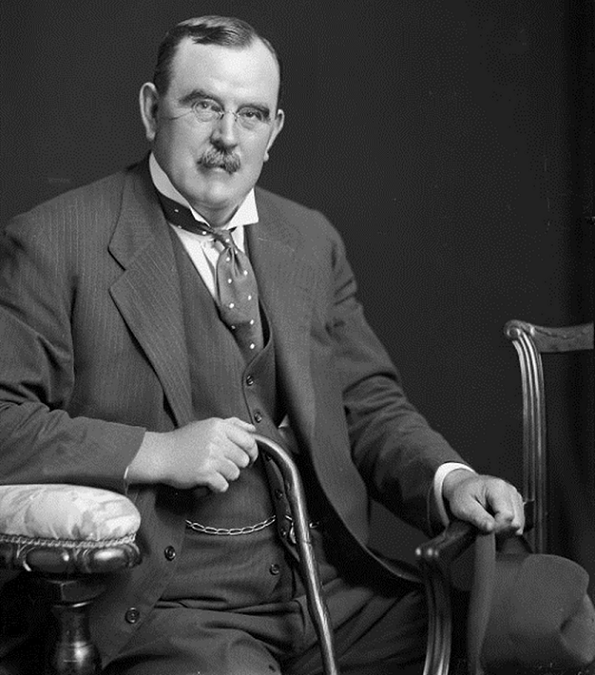
(Henry Thomas Joynt Thacker, Member of Parliament and Mayor of Christchurch)
Dr. Henry Thomas Joynt Thacker, was a New Zealand Member of Parliament and Mayor of Christchurch who led the charge to protect sports clubs nationally. A fine rugby footballer while at Canterbury College, he represented the province in 1889 and 1891. He went to Edinburgh University to study medicine in 1892 (becoming a member of the University Rugby Football Club, also receiving a rugby "Blue"), subsequently returning to New Zealand with the degrees of Bachelor of Medicine and Master of Surgery.
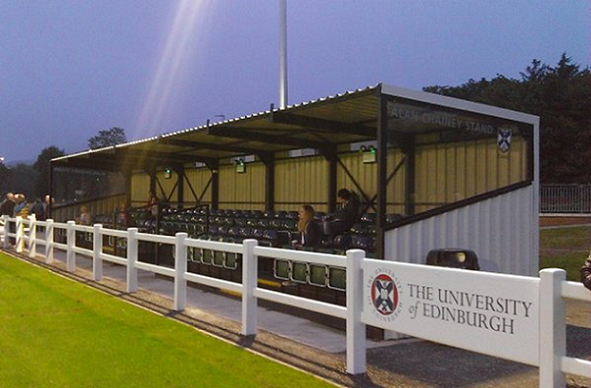
(The University of Edinburgh grandstand at the Peffermill Playing Fields)
He became a member of the Christchurch Hospital Board and in 1912 became the inaugural President of the North Canterbury Rugby League. He was elected the Member of Parliament for Christchurch East in 1914, retaining the seat until 1919. He became Mayor of Christchurch in 1919 and was a member of the Christchurch City Council from 1929 to 1931. For many years he took an active interest in Rugby Union, Rugby League and Rowing.
The Final Word ...
“In the days when I played the ‘‘good old game,” I was always taught to treat my opposing competitors as friends, and I contend that if our officials and supporters set about instilling into the players of today the spirit of friendship towards the opposing clubs and players, our game will improve with leaps and bounds.”
(Humphrey Doig Thorpe, Gladstone RFC)